Review
Hyundai’s transformation from a budget car brand to the mainstream over the past decade means there should no longer be any reason to qualify its shortcomings.
The brand, and especially the new i30, launched this year, has to compete head on with the likes of Ford, Vauxhall, Peugeot, Toyota and even Volkswagen.
The i30 hatchback is the first of four body styles for the third generation of this lower-medium model and, while we drove examples on the European media launch in January, we weren’t able to try the diesel version offered in the UK.
Unlike its predecessor, there will be no higher-power diesel engine with 136PS (not the same as other European markets), only a 110PS variant. This can be rationalised by the fact that the core of this sector is in the region of 100-120PS for diesel engines, particularly among fleets.
But perhaps as Hyundai has also marched upmarket with the i30, with more sophisticated equipment and technology, the price of a high-spec 136PS diesel might have struggled for appeal against some peers.
We should point out, however, that the i30 has much to recommend it, and there are some aspects that make it stand out in what is an exceptionally crowded sector of the market.
Our Premium grade test car is one step down from the highest, and it lacks a safety kit that’s standard on the Premium SE. All i30s come with lane departure warning with lane-keeping assistance, autonomous emergency braking, collision warning and driver attention alert, but the Premium adds blindspot warning and rear cross traffic alert as standard.
The fact that these features are standard on an i30 and available as options on many rivals is difficult for fleet managers to ignore.
And it shouldn’t be difficult to persuade drivers to take to the new i30. It’s attractively designed both inside and out, with touchscreen sat-nav as standard, digital radio, Apple Carplay and Android Auto connectivity, and a wireless phone-charging pad for compatible smartphones.
The 1.6-litre diesel engine is a refined performer, if perhaps a little lacking in prolonged shove for quick overtaking. We struggled to get within 20mpg of the official combined cycle figure of 74.3mpg from our manual test car (the Equa Index reports a 51.1mpg real-world figure).
For those who prefer automatic transmissions, the i30 is now available with a seven-speed dual-clutch auto, which offers rapid shifts but adds 10g/km to the diesel’s CO2 output.
Author:
Simon Harris
Specs
| Manufacturer | Hyundai |
| Model | i30 |
| Specification | i30 Hatch 5Dr 1.6CRDi 110 DPF SS €6 Premium 6Spd 17MY |
| Model Year | 0.00 |
| Annual VED (Road tax) | £0 |
| BIK List Price | £22,390 |
| CO2 | 99g/km |
| BIK Percentage | 24% |
| Insurance Group | N/A |
| CC | N/A |
| Fuel Type | Diesel |
| Vehicle Type | Small family car |
| Luggage capacity (Seats up) | 5litres |
Running Costs
| P11D | £22,390 |
| Insurance group | N/A |
| Fuel Type | Diesel |
| Cost per mile | 70.43ppm |
| Fuel | 7.48ppm |
| Depreciation | 61.33ppm |
| Service maintenance and repair | 1.62ppm |
Rivals
Info at a glance
-
P11D Price
£22,390
-
MPG
74.3 -
CO2 Emissions
99g/km -
BIK %
24% -
Running cost
3 Year 60k : N/A 4 Year 80k : N/A -
Fuel Type
Diesel

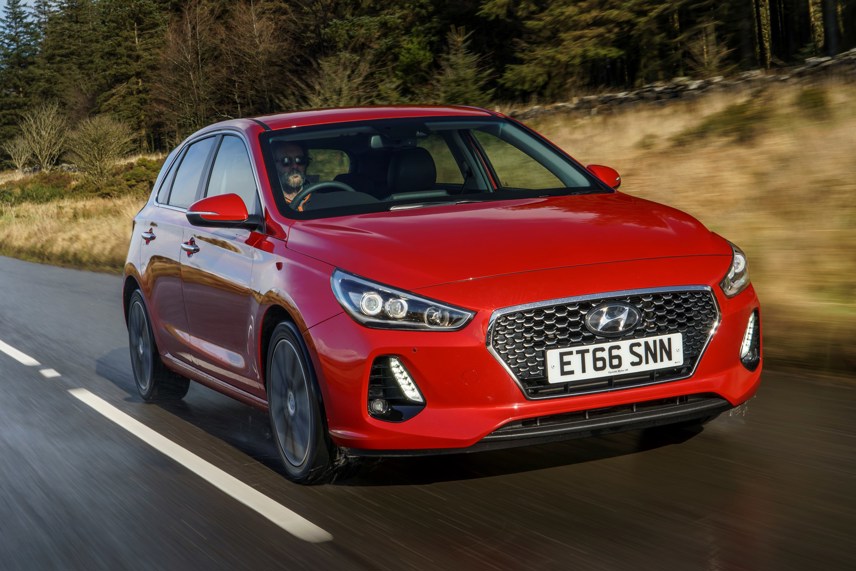
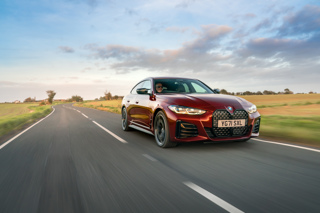
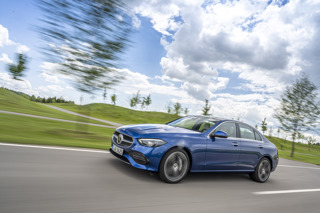
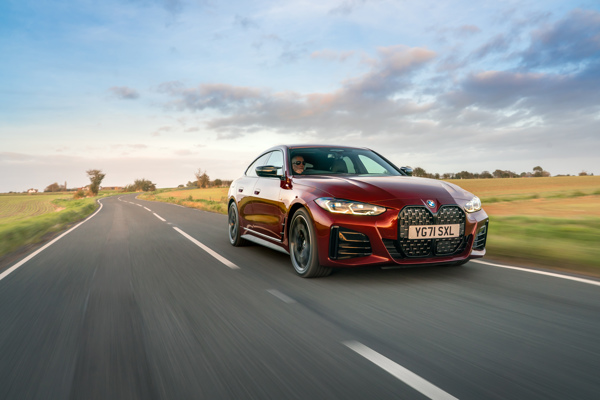
 Diesel
Diesel
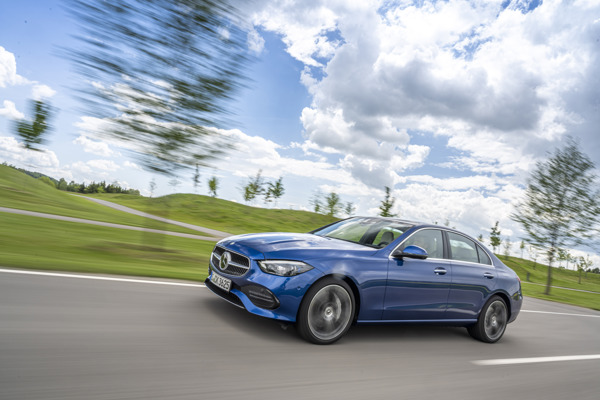
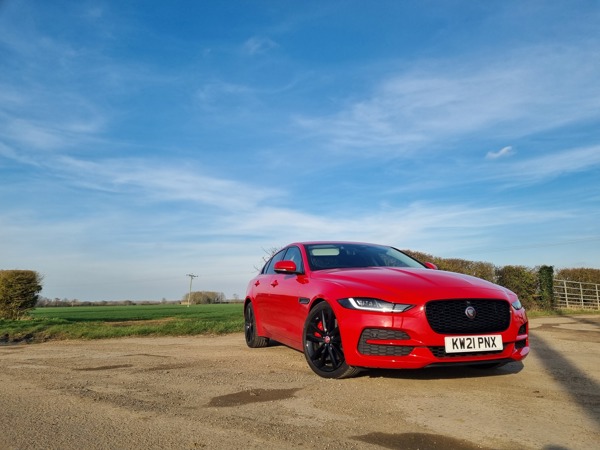
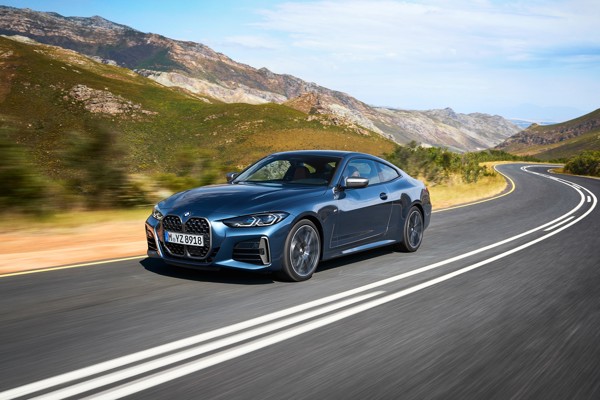
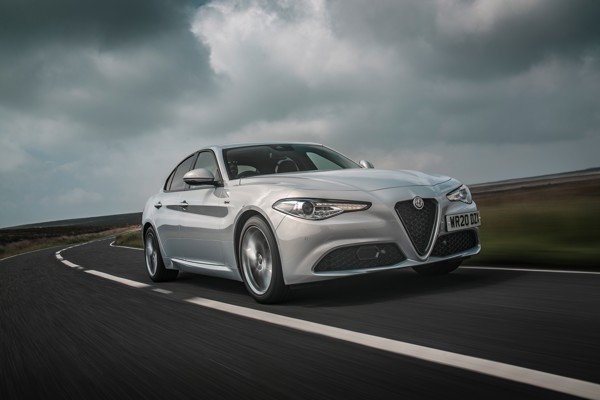
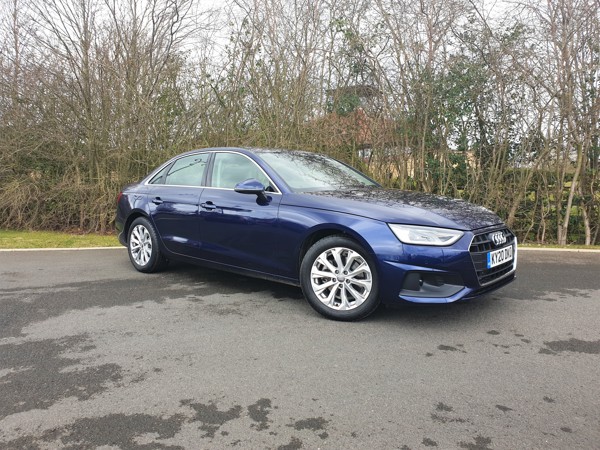
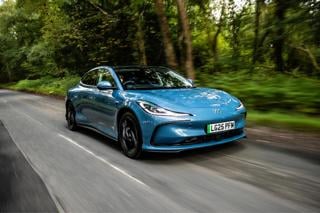
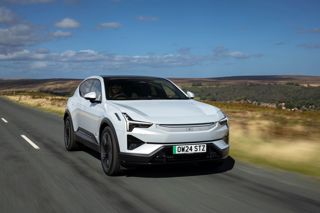
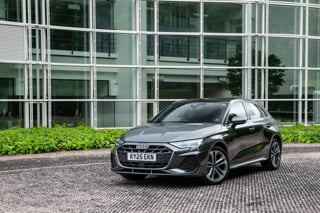
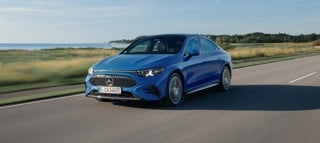
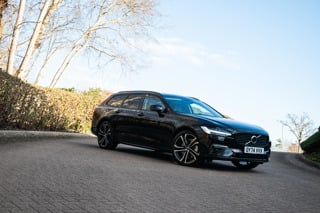












Login to comment
Comments
No comments have been made yet.